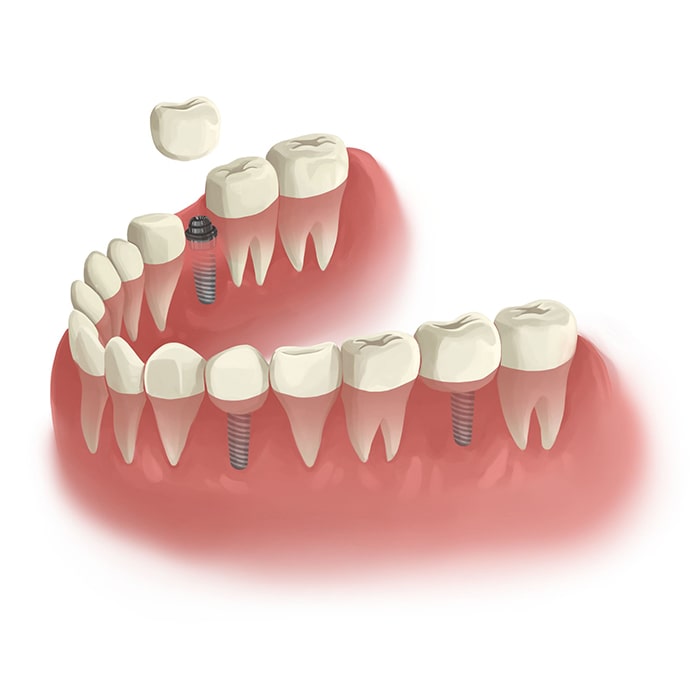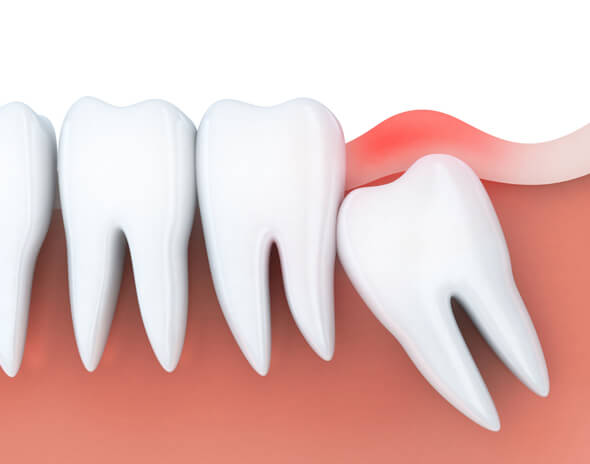Your Overview to Wisdom Teeth Removal Aspendale Treatments
Your Overview to Wisdom Teeth Removal Aspendale Treatments
Blog Article
Discovering Various Sedation Options for a Comfortable Wisdom Pearly Whites Removal Experience

Local Anesthesia
Regional anesthesia is a generally made use of technique for numbing specific areas of the mouth during wisdom teeth removal treatments. By administering an anesthetic, such as lidocaine, a dental practitioner can ensure that the person continues to be comfy and pain-free throughout the removal procedure. Neighborhood anesthetic jobs by momentarily obstructing the nerves in the mouth, stopping them from sending out discomfort signals to the mind. This permits the dental professional to carry out the extraction without creating any discomfort to the patient.
Among the primary advantages of regional anesthesia is its targeted numbing impact, which implies that just the specific area being treated is affected. This localized method minimizes the risk of systemic negative effects and enables a quicker recuperation post-procedure. wisdom teeth removal aspendale. Additionally, local anesthesia is thought about to be a routine and risk-free technique in dentistry, with very little threats involved when administered by a skilled specialist
Laughing Gas
As soon as the mask is gotten rid of, the results of the gas wear off quickly, allowing clients to resume their regular tasks without remaining sedative results. Nitrous oxide is appropriate for people of all ages, making it a flexible sedation option for wisdom teeth removals and various other oral procedures.
Dental Sedation

Among the key benefits of dental sedation is its convenience of management. Unlike intravenous sedation, dental sedation does not call for needles or injections, making it an extra comfy choice for people with a fear of needles. Furthermore, oral sedation is thought about secure and efficient when administered by qualified oral specialists. Nevertheless, it is important for individuals to follow pre-operative instructions supplied by their dentist, such as avoiding consuming or consuming prior to the procedure to guarantee the sedative drug works as planned.
IV Sedation
Provided intravenously by qualified clinical professionals, IV sedation is an effective method utilized to cause a controlled state of deep leisure and unfamiliarity throughout dental procedures. Unlike dental sedation, which can be unforeseeable in its results, IV sedation permits precise control over the level of sedation, making it a suitable choice for complicated procedures like wisdom teeth extractions.
During IV sedation, a sedative medicine is provided directly right into the bloodstream through a capillary, allowing it to take result swiftly and effectively. This technique ensures that the person continues to be unaware and comfortable of the treatment while still keeping essential functions such as breathing and heart rate.
One of the key benefits of IV sedation is its capacity to offer a deeper degree of sedation contrasted to various other approaches, making it especially appropriate for patients with high degrees of anxiety or those going through extensive dental job. Furthermore, the results of IV sedation typically subside slowly after the treatment, decreasing the probability of grogginess or sticking around side impacts. Generally, imp source IV sedation provides a secure and efficient option for making sure a comfortable and trouble-free experience during knowledge teeth removal.
General Anesthesia
Having discussed the advantages of IV sedation for wisdom teeth removal, the application of basic anesthesia provides a different option for individuals needing a deeper degree of unconsciousness throughout oral treatments. General anesthesia generates a controlled state of unfamiliarity, guaranteeing the client really feels no pain or pain during the removal process. This approach is especially advantageous for people with severe dental anxiousness, complicated medical needs, or those undertaking multiple removals all at once.
General anesthetic is administered by an experienced anesthesiologist who closely keeps an eye on the patient's crucial indicators throughout the treatment. It involves making use of intravenous drugs or inhaled gases to cause a state of unfamiliarity. While under general anesthesia, the client will certainly not understand the surgery, experience any type of pain, or have any recollection of the treatment afterward.
Although basic anesthesia is risk-free when provided by certified professionals, it lugs a pop over here somewhat higher risk compared to various other sedation options. wisdom teeth removal aspendale. Clients taking into consideration general anesthesia for wisdom teeth removal need to discuss the potential risks and advantages with their dentist or oral surgeon to make an educated decision based upon their individual demands and clinical history
Verdict
In verdict, different sedation choices are available to ensure a comfy knowledge teeth removal experience. Oral sedation and IV sedation offer much deeper levels of relaxation, depending on the client's needs.
Nitrous oxide is ideal for clients of all ages, making it a versatile sedation option for wisdom teeth removals and other dental procedures.
Unlike intravenous sedation, oral sedation does not call for injections or needles, making it a more comfortable option for people with a concern of needles.One of the primary advantages of IV sedation is its capacity to provide a much deeper level of sedation contrasted to various other approaches, making it particularly ideal for individuals with high levels of anxiousness or those going through extensive dental work.Having actually gone over the advantages of IV sedation for knowledge teeth removal, the use of basic anesthesia gives an alternate choice for people requiring a deeper check here degree of unconsciousness throughout oral treatments. Dental sedation and IV sedation offer deeper levels of leisure, depending on the person's requirements.
Report this page